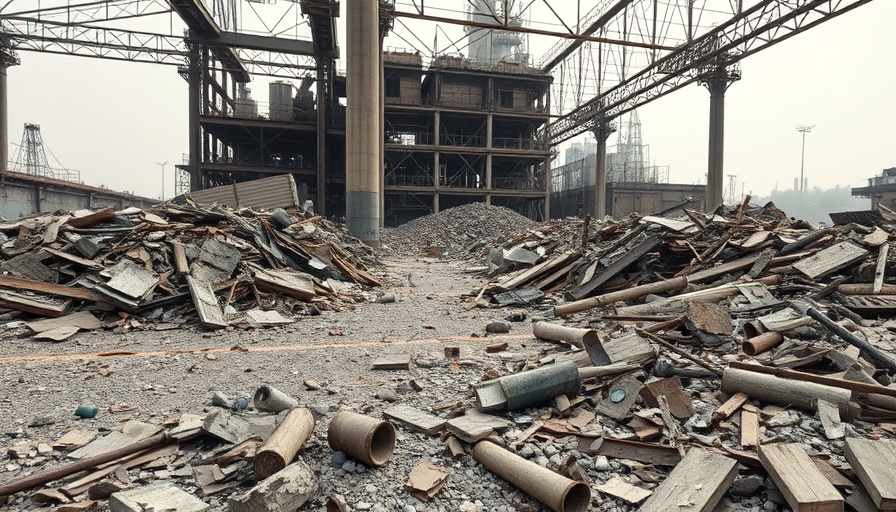
Is Justice Served? The Aftermath of a Tragic Disaster
In a harrowing incident during Hurricane Helene, six workers tragically drowned at the Impact Plastics factory in Erwin, Tennessee. After a thorough investigation by the Tennessee Bureau of Investigation (TBI), it was determined that the factory owner, Gerald O’Connor, would not face criminal charges for the deaths. The decision has sparked significant debate on employee safety and the responsibilities of employers during natural disasters.
The Investigation Findings: A Closer Look
The TBI’s investigation concluded that there was no evidence that employees were explicitly told they could not leave the factory premises or faced retaliation for attempting to escape the impending flood. This conclusion parallels an earlier investigation by the Tennessee Occupational Safety and Health Administration (TOSHA), which confirmed that employees had a limited time window to evacuate but chose to remain in the factory close to floodwaters. The report also highlighted the desperate attempts many made to escape the rising water.
Survivors' Accounts: A Different Perspective
While TBI and TOSHA found no criminal wrongdoing, many relatives of the deceased contest the investigations' conclusions, claiming that the employees' options for evacuation were severely limited. Luke Widener, attorney for the families affected, expresses outrage, stating, "if Impact Plastics’ account were true, Bertha Mendoza, Sibrina Barnett, and the others who perished would still be with us." Survivors recounted their harrowing escape attempts over makeshift pathways created by neighboring businesses amidst chaos.
Legal Ramifications and Ongoing Lawsuits
Although the criminal case against Impact Plastics is closed, the company is still grappling with wrongful death lawsuits from the families of the victims. The legal battles emphasize the ongoing struggle to hold employers accountable for workplace safety, especially in emergency situations. These lawsuits may pave the way for more stringent regulations concerning employee safety during natural disasters in the future.
The Bigger Picture: Employee Safety During Emergencies
The situation at Impact Plastics raises vital questions about the responsibilities of employers to protect their employees, particularly during crises. As severe weather becomes more common, disputes surrounding evacuation procedures and workplace safety protocol are likely to intensify. Understanding these dynamics is crucial for both workers and employers alike, fostering a necessary dialogue around safety standards and employee rights.
What This Means for Workers in South Carolina
This incident highlights broader issues that can resonate with workers in South Carolina, particularly those involved in industries prone to natural disasters. Understanding your rights as a worker and what constitutes employer negligence during crises is essential. Whether dealing with floods, hurricanes, or any workplace safety issues, knowing the legal framework and your rights can empower you to take necessary precautions and seek accountability if needed.
As you navigate your workplace safety and insurance claims, stay informed about what to expect regarding the insurance claims process. If you've experienced property damage or injury due to unexpected workplace dangers, always check what your claim options are and ensure you're protecting your rights.
 Add Row
Add Row  Add
Add 




Write A Comment